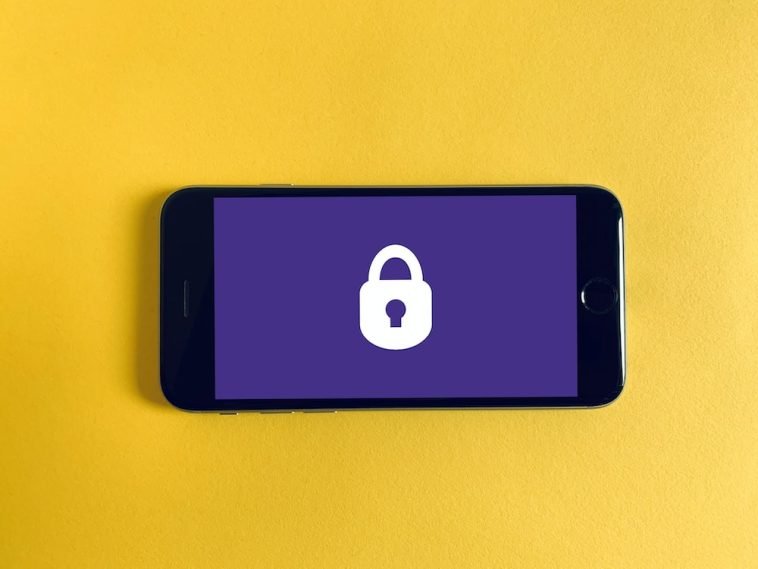Introduction.
VPNs encrypt your internet traffic, making it difficult for others to monitor your online activities and access your personal information.
However, it’s important to ensure that your VPN is functioning correctly to provide the desired protection.
Knowing whether your VPN is working effectively can help you stay confident in your online privacy and security.
In this guide, we will explore various methods to determine if your VPN is working as intended. By checking for IP address changes, conducting DNS leak tests, and verifying data encryption, you can verify that your VPN is operational and safeguarding your online connections.
Understanding how to confirm the functionality of your VPN ensures that your personal information remains secure and that you can browse the internet with peace of mind.
Let’s delve into the techniques that can help you determine if your VPN is working as expected.
How Do I Know If My VPN Is Working?
By verifying the functionality of your VPN, you can have peace of mind knowing that your internet traffic is encrypted and your online activities remain private.
In this article, we will explore several methods to help you determine if your VPN is working as it should.
1. Check Your IP Address.
The first step in assessing your VPN’s effectiveness is to check your IP address. Before connecting to the VPN, visit a website that displays your public IP address (e.g., whatismyip.com) and note it down.
Then, connect to your VPN and revisit the same website. If your IP address has changed, it indicates that your VPN is successfully masking your real IP address.
2. Conduct DNS Leak Tests.
DNS (Domain Name System) leaks can occur when your internet traffic bypasses the VPN and uses your internet service provider’s DNS servers instead.
To check for DNS leaks, there are various online tools available, such as dnsleaktest.com or ipleak.net.
Visit one of these websites while connected to your VPN, and it will perform a DNS leak test to verify if your DNS requests are routed through the VPN’s servers. If the results show your VPN’s DNS server, your VPN is working properly.
3. Test Data Encryption.
Data encryption is a fundamental aspect of VPNs. To ensure that your VPN is encrypting your internet traffic, visit an HTTPS website (indicated by a padlock icon in the browser’s address bar).
When connected to your VPN, access the website and verify that the padlock icon is present.
This signifies that the data exchanged between your device and the website is encrypted, indicating that your VPN is functioning correctly.
4. Confirm VPN Server Location.
VPNs allow you to choose server locations to access content from different regions. To confirm that your VPN is connecting to the desired server location, perform a geolocation test. Various websites and tools can display the location associated with your IP address.
Connect to your VPN and visit one of these sites to verify that the displayed location corresponds to the server location you selected.
5. Check for VPN Connection Drops.
VPN connection drops can expose your real IP address and compromise your online privacy. To ensure that your VPN maintains a stable connection, monitor for any sudden disconnects.
Some VPN clients have built-in features that automatically terminate internet access if the VPN connection drops. Enable this option to prevent accidental exposure of your real IP address.
6. Test VPN Performance.
While not directly related to security, testing your VPN’s performance can help ensure that it’s working optimally.
Run speed tests while connected to the VPN to assess the impact on your internet connection. A significant drop in speed may indicate issues with the VPN’s performance or server load.
Conclusion.
Remember, VPN performance can vary based on factors such as your internet connection, server location, and VPN provider.
It’s essential to choose a reputable VPN service that offers strong encryption, a wide range of server locations, and reliable performance.
By following the steps outlined in this article, you can determine if your VPN is functioning properly and providing the privacy and security you expect.
Regularly checking your VPN’s functionality will help you stay confident in your online activities, knowing that your data is encrypted and your IP address remains masked.






GIPHY App Key not set. Please check settings